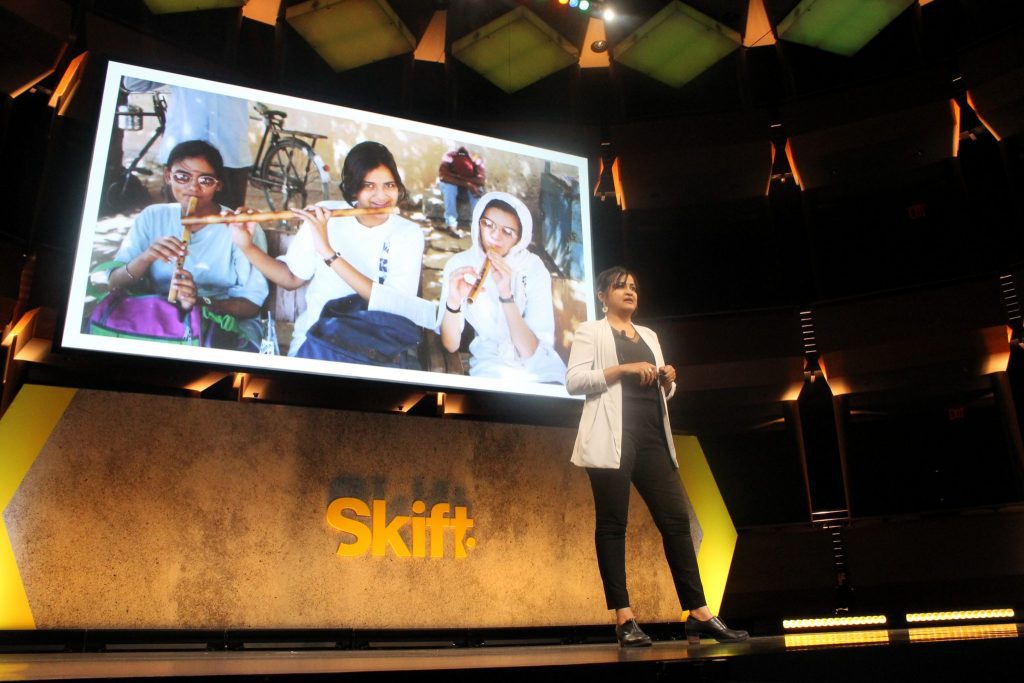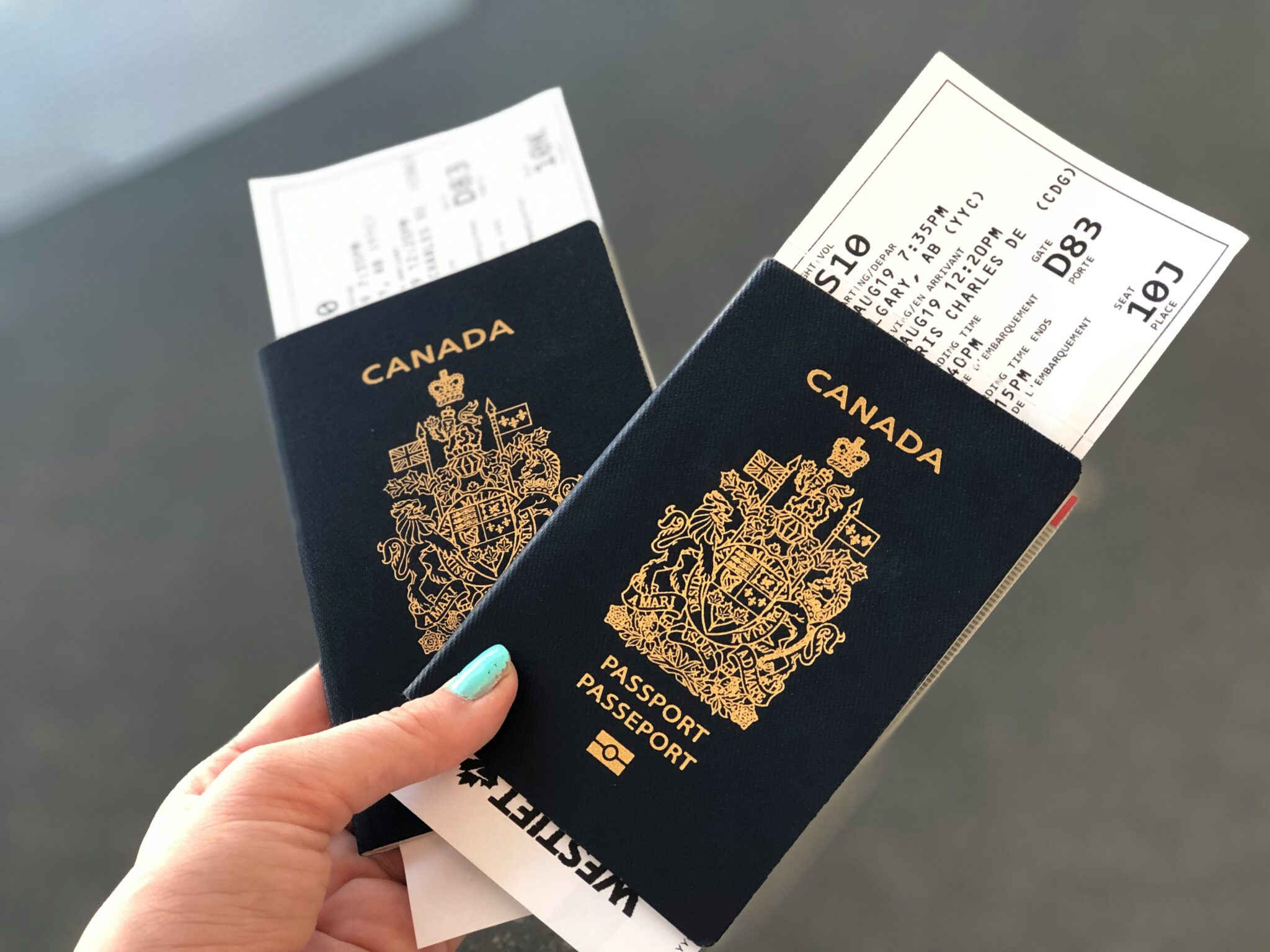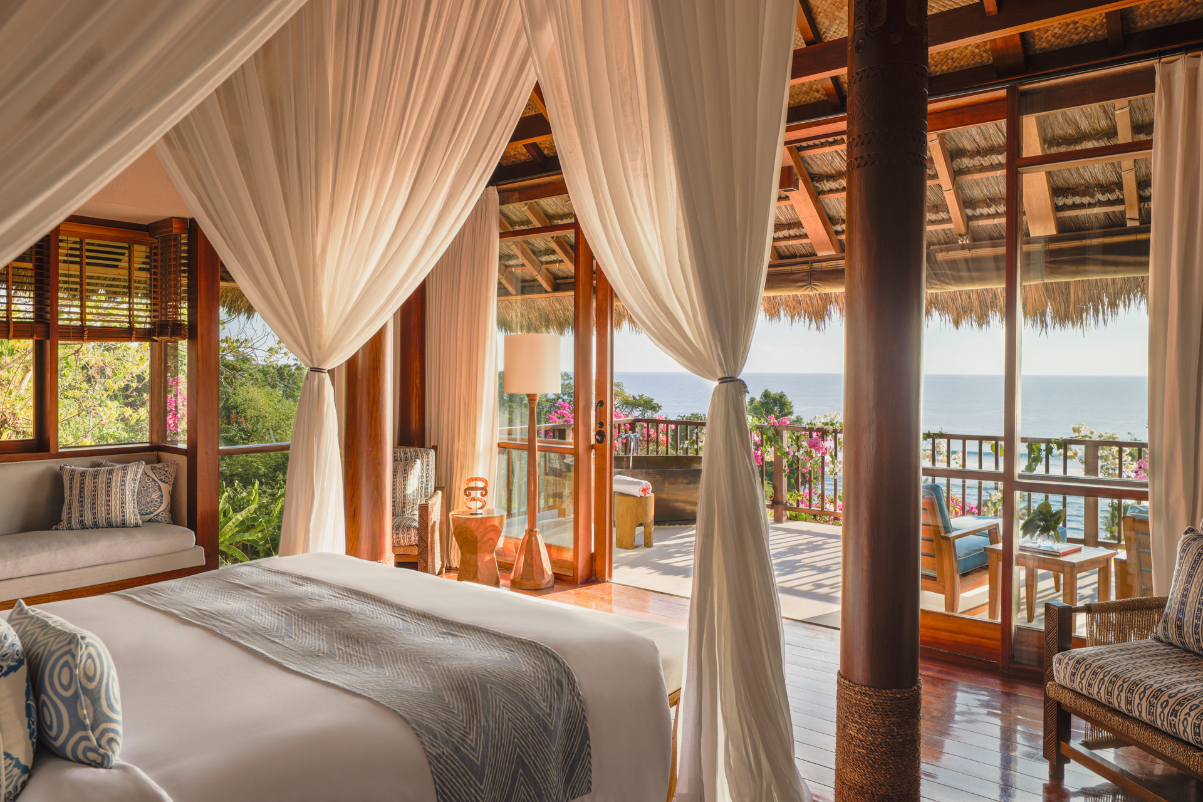Creating New Twists on Travel Through Stories of Place

Skift Take
Typical vacation photos don't cut it anymore for many travelers looking to show off their trips. Instead, travelers want to share photos and videos of themselves volunteering in destinations or engaging in activities like cooking or painting classes that their friends have never seen.
Vacation With an Artist (VAWAA), a company founded in 2015 that offers multi-day, mini-apprenticeships with local artists who meet certain standards of achievement, thinks it has an answer for how to make vacations more meaningful. Experiences should be immersive, accessible to artists, and curated.
It's about creating deep connections with locals you meet during your travels, said Geetika Agrawal, CEO of VAWAA. "We're looking for ways to lean in and challenge ourselves," she said, speaking at Skift Global Forum in New York City on September 27. "We want to learn more about ourselves."
Agrawal said many travelers want to stimulate their lives, health, and creativity because work has left them feeling depleted. "We want to learn directly from the masters that have been shaping our cultures for generations," she said. "We don't want to feel commoditized, we want to feel like these experiences are created for us."
Safety and inclusivity is also important, said Agrawal. "When we travel we don't just want to meet the locals, we want to continue talking to them to learn more about them," she said.
Changing the Storytellers to Change the Story
Muna Haddad, founder and managing director of Baraka, an Amman, Jordan-based consulting firm that works with locals and international professionals on how to stimulate economic growth in communities with tourism sites, realized a few years ago that there was a big gap between the world of development and the world of business. "We had to create a new one and show people what we were talking about," said Haddad, also speaking at Skift Global Forum.
"People were barely spending time in villages, barely spending money, barely learning about the people," said Haddad. "People were learning about ancient history and not the stories of people who live there today. People of the village should have their opportunities to tell their own stories."
In hindsight, the answer to that dilemma seems simple to Haddad: change the storytellers, change the story. "It's no longer people coming in talking about ancient civilization," she said. "Once a traveler comes to a village and hears their story, it's a tool for validation. We start realizing that travel is so much more than having a great time. The story of a place comes through to travelers."
Baraka was founded in 2012 and has brought more than 2,000 tourists to the sites it works with since it launched Baraka Destinations in 2015. The firm had 300 percent growth from 2016 to 2017 in visitor spending at sites and about 91 locals have benefited from its work so far.
"Travel shouldn't be a charity, it should be a viable business and profitable to everyone involved," she said. "It's about making that decision to take tourists to one restaurant and not another."




